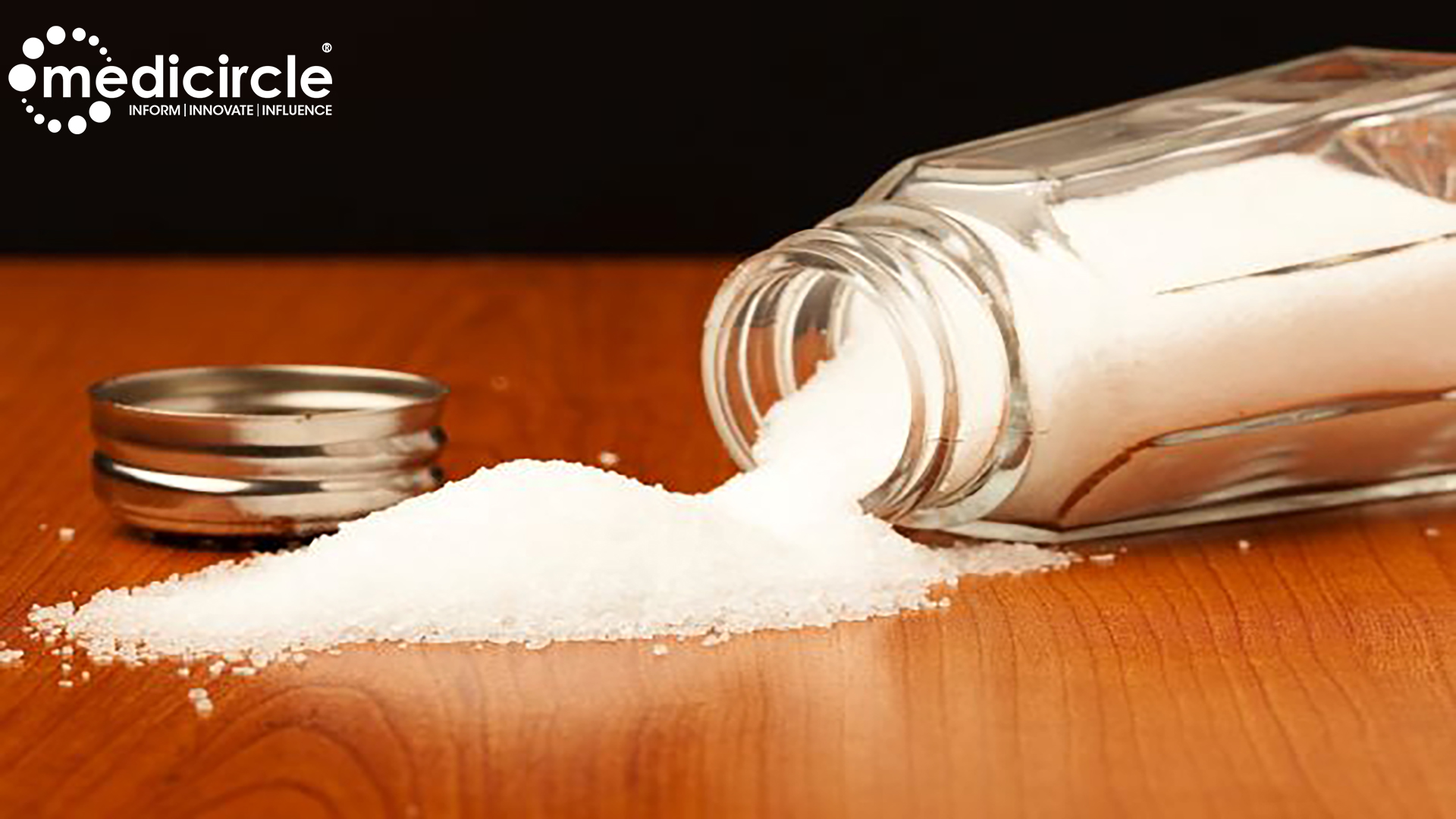In a recent study published in the Annals of Internal Medicine, researchers have uncovered compelling evidence suggesting that replacing common salt with a salt substitute could significantly reduce the risk of premature death, particularly from cardiovascular disease. While cutting down on salt might not seem glamorous, the potential rewards for your health could be immense.
The Study’s Key Findings: The study, led by Dr. Loai Albarqouni from Bond University in Australia, focused on the effectiveness of salt substitutes in improving heart health. They analysed data from 16 randomized controlled trials involving over 35,000 participants with an average age of 64 and a higher risk of heart disease. These trials were conducted in various countries, including China, the United Kingdom, Taiwan, Peru, the Netherlands, and Norway. The trials compared the use of regular salt (sodium chloride) with a salt substitute containing potassium chloride (25%-30%) and sodium chloride (60%-75%). The results showed that using a salt substitute was associated with reduced mortality risk from any cause and specifically from cardiovascular disease.
Impact on Health:
1. Reduced Sodium Levels: Salt substitutes led to decreased sodium levels in urine, which is beneficial for heart health.
2. Lower Blood Pressure: Participants using salt substitutes experienced a reduction in blood pressure comparable to that achieved with blood pressure medications.
3. Long-Term Effectiveness: The study highlighted the long-term benefits of salt substitutions in improving heart health and reducing mortality risk.
Recommendations for Salt Intake: The American Heart Association recommends limiting daily sodium intake to 1,500 milligrams for most adults, especially those with high blood pressure, and no more than 2,300 milligrams per day. Using salt substitutes can help individuals meet these recommendations while still enjoying flavourful meals.
Challenges and Future Research: The authors of this study acknowledged variations in salt substitutes across different countries, indicating the need for further research to confirm their benefits in various populations, including India. Despite these challenges, the findings emphasize the potential health advantages of reducing salt intake and exploring alternative seasoning options.
Practical Steps to Reduce Salt Intake:
1. Use Salt Substitutes: Consider replacing common salt with potassium-based salt substitutes to lower sodium intake.
2. Read Labels: Be mindful of sodium content in processed foods and choose low-sodium options whenever possible.
3. Experiment with Herbs and Spices: Enhance flavour in cooking with herbs, spices, and citrus instead of relying solely on salt.
4. Consult a Healthcare Professional: Individuals with existing health conditions, such as hypertension, should consult their healthcare provider for personalized dietary recommendations.
The study highlights the importance of reducing salt intake for improved heart health and longevity. By adopting healthier seasoning alternatives and incorporating salt substitutes into daily cooking, individuals can take proactive steps towards reducing their risk of cardiovascular disease and premature death. Embracing a lower-sodium diet can lead to significant health benefits and lead the way for a longer, healthier life.

 By adopting healthier seasoning alternatives and incorporating salt substitutes into daily cooking, individuals can take proactive steps towards reducing their risk of cardiovascular disease and premature death.
By adopting healthier seasoning alternatives and incorporating salt substitutes into daily cooking, individuals can take proactive steps towards reducing their risk of cardiovascular disease and premature death.










.jpeg)

.jpeg)
.jpeg)

.jpeg)


.jpeg)



.jpeg)
.jpeg)
.jpeg)


.jpg)


.jpeg)
.jpeg)